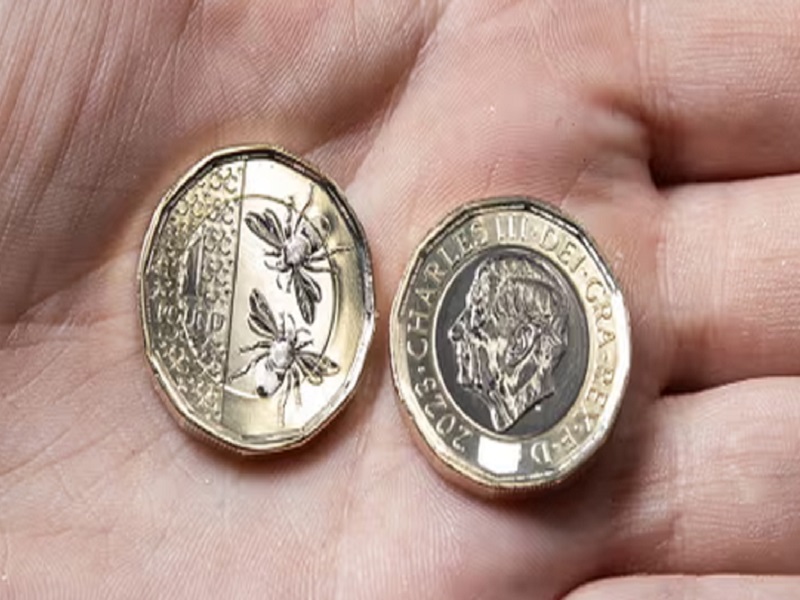HIGH blood pressure and high cholesterol are the most common conditions that can lead to stroke if ignored. The good news is that both conditions are treatable with lifestyle modifications and/or medication.
Combining medication that lowers blood pressure with medication that lowers cholesterol such as statin can reduce first-time strokes by 44 per cent. Yet, lots of people stop taking them or using them irregularly because of worries about side effects.
Statins are a group of drugs that stop the liver from producing ‘bad’ cholesterol, known as low-density lipoprotein (LDL) cholesterol. Overtime, its build-up can lead to hardened and narrowed arteries and heart disease — one of the world’s leading causes of death. Statins also help the body reabsorb any cholesterol built up in the arteries.
Now, studies have shown that walnuts can be used to enhance the effectiveness of statins in individuals taking a combined medication that lowers blood pressure with medications that lowers cholesterol such as statins.
According to the study, the use of walnut as a statin adjuvant during hypertension treatment reduced LDLc levels by 42.1% and improved HDL levels by 33.6%.
There are two main types of cholesterol: high-density lipoprotein (HDL) and low-density lipoprotein (LDL). HDL cholesterol is considered “good” cholesterol because it helps the body get rid of LDL cholesterol, which is known as “bad” cholesterol. High levels of LDL cholesterol can double the risk of having a heart attack.
Walnuts are a rich source of omega-3 fatty acids (alpha-linolenic acid), which have been shown to have a beneficial effect on cardiovascular health. It is also loaded with folate and vitamin E.
The researchers had decided on the clinical trial to evaluate the efficacy of walnut as an adjuvant statin in hypertensive subjects because there is the widespread unorthodox use of nuts to improve cardiovascular health. It is documented in the 2022 Clinical and Experimental Hypertension journal.
The clinical trial that lasted for three months involved 45 screened hypertensive subjects on treatment, aged 45 to 65 years that were randomised into intervention and placebo groups according to their blood pressure. Fifteen individuals with normal blood pressure were also recruited for this study.
The participants in the intervention group included daily 7 g of boiled walnut taken as snacks. The study was not controlled for type of diet and frequency of meals in a day. Low-density lipoprotein cholesterol (LDLc) was the primary endpoint for this study. The 2022 study was in the journal, Randomised Controlled Trial.
In 2004, researchers in the journal, Clinical Trial Diabetes Care who included walnuts in a diet of patients with type 2 diabetes said it also achieved a significantly greater increase in HDL cholesterol-to-total cholesterol ratio in this group of patients. A 10% reduction in LDL cholesterol was also achieved in the walnut group.
This was a parallel randomised controlled trial comparing three dietary advice groups each with 30% energy as fat: low fat, modified low fat, and modified low fat inclusive of 30 g of walnuts per day.
Fifty-eight men and women started the trial. Dietary advice was given at baseline with monthly follow-up and fortnightly phone calls for support. Body weight, per cent body fat, blood lipids, HbA1c, total antioxidant capacity, and erythrocyte fatty acid levels were measured at 0, 3, and 6 months.
Moreover, there are long-term benefits of taking walnut. Walnut-enriched diet (about half a cup of walnuts every day) improves the lipid profile of blood in individuals with no chronic conditions like diabetes and hypertension. This beneficial effect was more significant in those with high total cholesterol at baseline.
HDL, LDL, and triglycerides — a type of fat carried in the blood — make up total cholesterol levels.
Significant changes in total cholesterol and fat in the blood were seen and nearly significant changes in low-density lipoprotein cholesterol (LDL-C) were found.
Many new clinical studies highlight the heart-related benefits of nuts. This includes almonds and peanuts. For example, adding 30 grams (gm) per day of nuts (a little over an ounce) to a Mediterranean diet lowers the risk of heart disease by 30 per cent.
Almonds lower LDL in a dose-dependent manner. This means that increasing the number of almonds taken, the further lower the LDL. In only six weeks, people who consumed almonds had lower LDL cholesterol by an average of 5 mg/dL. They also had less belly fat and leg fat.
source: tribune































































